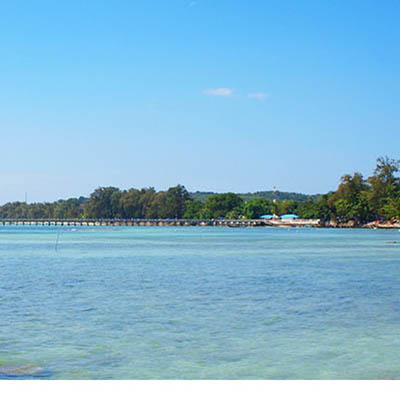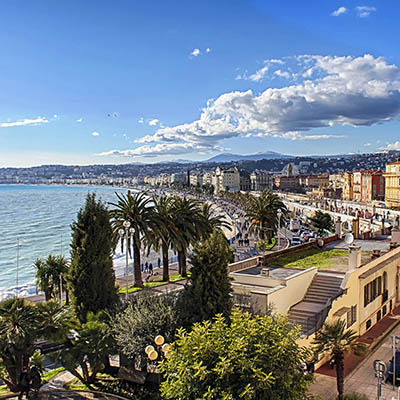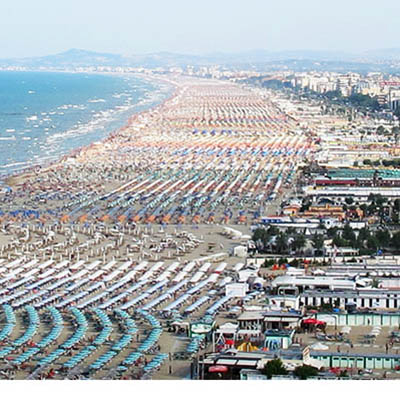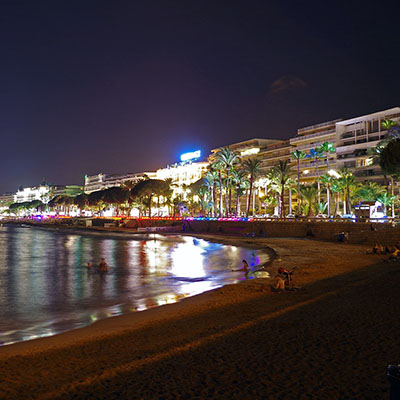
Hurghada Monthly Climate Averages
Hurghada is located in desert also known as aridic climate zone that is typically hot dry climate with substantial temperature changes between night and day.
To help you choose the best time to travel, you can find climate data below on the weather in Hurghada .
| Month | day |
night |
rain |
|
| January | +21.8 | +11.7 | 0 | 11.1h |
| February | +22.7 | +12.2 | 0 | 11.7h |
| March | +25.4 | +14.8 | 0 | 12.4h |
| April | +29.2 | +18.4 | 0 | 13.2h |
| May | +32.9 | +22.6 | 0 | 13.9h |
| June | +35.5 | +25.8 | 0 | 14.3h |
| July | +36.7 | +27.5 | 0 | 14.1h |
| August | +36.8 | +27.6 | 0 | 13.5h |
| September | +34.6 | +25.2 | 0 | 12.7h |
| October | +31.6 | +22 | 0 | 11.9h |
| November | +27.4 | +17.5 | 0 | 11.2h |
| December | +23.4 | +13.3 | 1 | 10.9h |
High season with the best weather conditions for the beach leisure in Hurghada are typically April, May, September, October, November.
Temperature in Hurghada
The table shows that the hottest months in Hurghada are August and July, during which the average daytime temperature reaches +36.8°C and the nighttime temperature falls to +27.6°C.
The coldest months are January and February, when the daily average temperature falls to +21.8°C, and drops to +11.7°C during the night.
Most booked hotels in Hurghada
Best beach resorts :

Dubai
UAE

Venice
Italy

Barcelona
Spain

Cape Town
South Africa

Phuket
Thailand

Bangkok
Thailand
Most Popular Destinations in the World
Sea temperature
The month with the highest average monthly temperature in the Red Sea on the beaches of Hurghada is September with 27 degrees.
The coldest water can be found in February — 20degrees C.
Precipitation
The largest amount of precipitation falls on average in December and January, up to 1mm, and the least in January and February.






